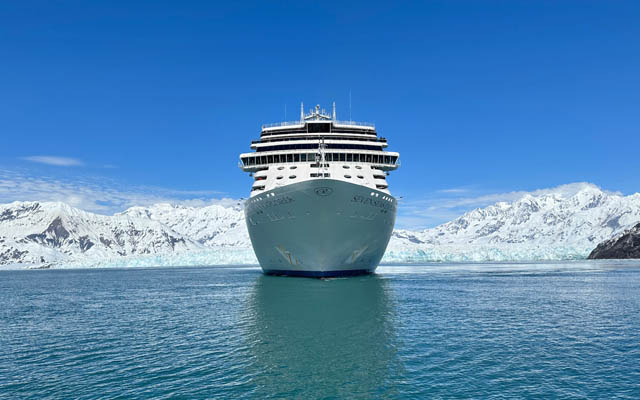Speaking to TTG Asia e-Daily, Will Horton, analyst at CAPA – Centre for Aviation, said: “Hubs benefit from competition as that’s what you see from Singapore to Bangkok to Tokyo. In fact, point-to-point full-service demand in Hong Kong is reaching saturation and to stimulate travel you need a structurally different airline – such as an LCC.”
Travel agency Arrow Travel’s managing director Tommy Tam, pointed out that LCC penetration in Hong Kong remains under 10 per cent so there is still room to grow.
“The rejection may result in limited competition to existing players and less choice for consumers. If Jetstar clinched the licence, I reckon it would have opened up routes to Australia and other second and tertiary cities within the region,” he said.
Horton added: “Hong Kong needs to shift its visitor demographics. Not all source markets want to go to shopping malls, which are at saturation, provoking public angst. Some source markets prefer to explore the New Territories and outer islands, which will inject benefits to the local economy rather than designer boutiques.
“But to get those visitors Hong Kong needs more airline competition. Rejecting Jetstar wasn’t simply refusing a licence – it was a decision that will negatively shape Hong Kong for years.”
Hong Kong carriers such as Cathay Pacific Airways, Hong Kong Airlines and HK Express had expressed vehement objection to Jetstar Hong Kong from the outset, though they have denied being anti-competition.
But other travel consultants were less persuaded about the need for another lCC on the scene.
Dannia Cheung, Morning Star Travel Service general manager, commented: “We hardly benefit from LCCs as they don’t offer commission and choose to go direct to consumers.”
Wing Wong, W Travel managing director, also played down the impact of ATLA’s decision, saying capacity is already an issue at the airport. “In the long run, the city needs its third runway to sustain future growth,” Wong said.

















